Editor's Note:
In 2006, a mild-mannered Chinese woman became the focus of international attention: Margaret Chan Fung Fu-chun (Chan), from the Hong Kong Special Administrative Region, was elected director-general of the World Health Organization (WHO), becoming the first Chinese to hold the top post at a United Nations specialized agency. During her tenure, Chan has led the response to several major global health crises, such as the influenza pandemic, the Ebola outbreak in West Africa and the Zika virus. In 2018, Chan was awarded the Reform Pioneer Medal for her contribution to promoting Belt and Road cooperation in health when China celebrated the 40th anniversary of its reform and opening-up.
In a number of public interviews, Chan thanked the country for giving her the opportunity and its trust, highlighting the strong backing of the motherland in supporting more and more Chinese people to enter the UN arena. This year marks the 50th anniversary of the restoration of the lawful rights of the People's Republic of China in the UN. In an exclusive interview with Global Times (GT) reporters Cao Siqi and Chen Qingqing, Chan points out that in the framework of the UN system, China has become an important force in global governance and an advocate, promoter and practitioner in international health cooperation. Chan said that in the fight against COVID-19, China has given full play to the political advantages of the socialist system, and has always been the first to pursue cooperation with the WHO based on scientific, open and transparent principles. She opposes politicization and stigmatization of origins probe and calls on joint cooperation from the international community.
GT: In 1972, China resumed its lawful seat in the WHO. As the first Chinese to hold the top post in a UN special agency, could you share your experience of cooperation between China and the WHO? What kind of role has China played in ensuring justice? What has the WHO brought to China?
Chan: China has conducted long-term and effective cooperation with the WHO since 1972. During this process, China and the WHO have learned from each other and made progress together.
Thanks to the concerted efforts of the Chinese government and people, China has made remarkable progress in deepening medical reform, health promotion and basic medical insurance. The health of the Chinese people has improved significantly, ranking among the top among developing countries in all indicators: The average life expectancy in China reached 77.8 years by 2020; the maternal mortality rate dropped to 16.9 per 100,000; the infant mortality rate dropped to 5.4 per 1,000; the mortality rate of children under 5 dropped to 7.5 per 1,000. China's progress in healthcare and capacity-building has been highly recognized by the WHO.
China has not only actively improved its own health, but also actively participated in global health governance and promoted global health cooperation, providing medical and health personnel, technology and training to countries in need. In 2017, witnessed by Chinese President Xi Jinping, I signed an MoU in health cooperation under the framework of the China-proposed Belt and Road initiative with Li Bin, then minister of the National Health and Family Planning Commission. The MoU provides an opportunity to promote regional and global health security and development for the health and well-being of people locally and around the world. Whether it is universal health coverage or the 2030 Agenda for Sustainable Development, China has been pushing for all-round implementation. China's increasingly prominent contribution to global health is obvious to all: China has grown from a beneficiary of global health cooperation to an active builder and contributor.
GT: As China and the UN face unprecedented challenges, especially in dealing with climate change and global public health issues, reshaping the international order and global governance system, and promoting a sustainable peace and development agenda, how has China's role in the framework of the UN system changed? What role should China continue to play in the future? What are your expectations of cooperation between China and the WHO?
Chan: Since the 1960s, China has sent medical teams to 69 developing countries, treating 280 million patients on some 25,000 occasions. The Vanke School of Public Health at Tsinghua University, where I work, also has an International Master of Public Health (IMPH) program to train health officials from developing countries.
China has also carried out exchanges and research cooperation with institutions in these countries to share its experience in fighting malaria and bloodsucking diseases, and formulate solutions based on local conditions. In addition to providing personnel and technical support, China has actively helped developing countries with infrastructure construction, such as setting up clinics and building African Centers for Disease Control and Prevention. China has also actively led international emergency and rescue efforts by joining in the fight against Yellow Fever in Guyana and Ebola in West Africa, and spared no efforts in assisting with natural disasters such as the cyclone in the Philippines and earthquake in Nepal.
All this shows that China has become an advocate, promoter and practitioner of international cooperation in the field of healthcare and is committed to the implementation of the UN 2030 Agenda for Sustainable Development. China will continue to work with other countries to promote peacekeeping, counter-terrorism, anti-drug and anti-corruption work and make its own contribution to world peace and sustainable development.
In the future, China will continue to work with the WHO to promote cooperation in the field of global health, such as universal health coverage, major epidemic prevention and preparation, medical and health science and technology, and healthcare of women and children, rehabilitation of the elderly, medicine and food safety, traditional Chinese medicine, and so on, to share the experiences of Chinese practice. At the same time, China should also take an active part in the WHO's policy and standard-setting work in these important areas to deepen China's contribution to global health.
GT: You have great personal experience in handling international affairs. At present, the global pandemic is not over, and some countries are increasing their hostility toward China as some Western politicians have been inciting this sentiment while trying to exclude China from global cooperation. What do you think about these hostile voices?
Chan: Pandemic prevention and control is a race against time and a contest against the disease. The faster we take action in pandemic prevention and control, the sooner we can overcome the virus. As we can see, it is taking much longer to fight COVID-19 compared to the fight against SARS, for one important reason, I think, which is the lack of international cooperation and mutual trust.
In the face of the COVID-19 epidemic, the Chinese government made a decisive decision to fight it with extraordinary measures, making great contributions to block its transmission and further spread and winning precious time for other countries to fight the epidemic. However, it's regretful that some countries did not understand nor approve of what China did, and they underestimated the virus' transmission and its lethality. At the early stage of the outbreak, they did not take any corresponding measures, missing the best window opportunity for containing the virus.
I think throughout China's fight against COVID-19, China has fully played out the political advantages of our socialist system that can allocate resources to overcome challenges, underscoring China's spirit and its power. While the country faces tremendous pressure in epidemic prevention and control, it has been cooperating with other countries, resuming its international responsibilities by providing assistance to the global community. It also fully showed its responsibility and awareness as a major power, which underscores its genuine wish to build a community of shared future. Hopefully, more countries could understand China's political system. Of course, every country has its own cultural characteristics and its own situation. It does not mean we have advantages in our political system in fighting the epidemic that we would force other countries to copy our lessons. Every country needs to set up strategies in accordance with their own characteristics.
But no matter what strategy a country takes, we must understand that in an era of globalization, nobody can live without each other. If a country wants to have long-term development and to continue improving people's health and living standards, it must cooperate at a global scale. Countries need to help each other and overcome the difficulties together to reach shared development and progress.
GT: On the question of COVID-19 origins tracing, some experts from the WHO told us before that their scientific work and global communication have been affected by political interference. What position do you think the WHO should have on this matter?
Chan: Virus origins-tracing is a serious scientific question, which should be done by scientists that can't be politicized or smeared. China has been insisting on scientific, open and transparent principles, taking the lead in working with the WHO on the matter. It has invited WHO experts twice to come to China for origins tracing work, and jointly released the research report, laying out a good foundation for the origins-tracing work at global scale.
It's been a very complicated task that requires long-term efforts, which also needs to be advanced progressively with global efforts. To advance COVID-19 origins-tracing work, we need to carry out studies in multiple places with the cooperation and coordination of several countries and regions.
GT: During this year's "two sessions," China published the 14th Five-Year Plan (2021-25) and Long-Range Objectives through the Year 2035. What's your proposition for Healthy China 2030?
Chan: In February, China declared complete victory in its fight against poverty, which was hard-won. We need to consolidate this result by preventing people from getting stuck in poverty again due to illness. As the saying goes, health is the fundamental line of everything, which makes everyone the "gatekeeper" of their own health. We need to change the mind-set of "spending more on treatment than prevention" by making more efforts in cultivating good daily habits.
The Healthy China 2030 action plan guides the orientation for China's public health agenda. It is most important to implement and advance those measures. I think we need to promote a healthy lifestyle, a national fitness program, health of the elderly, and so on.









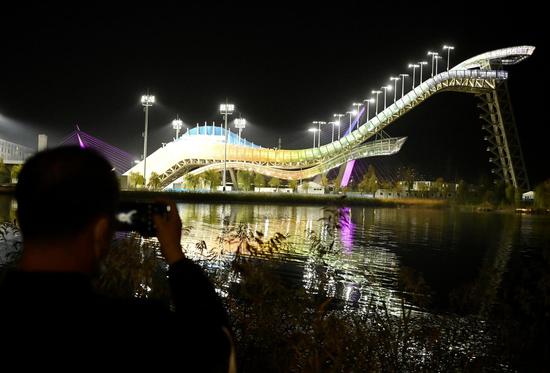
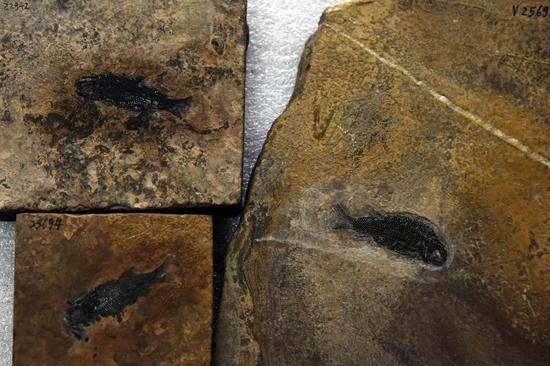
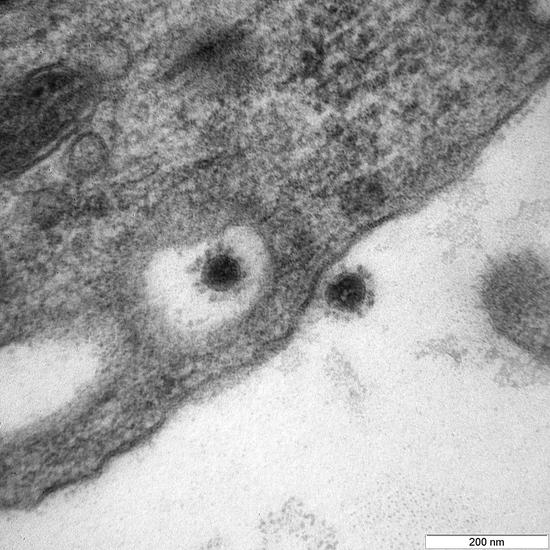
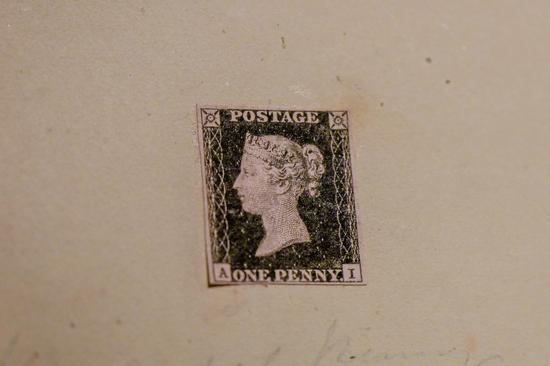
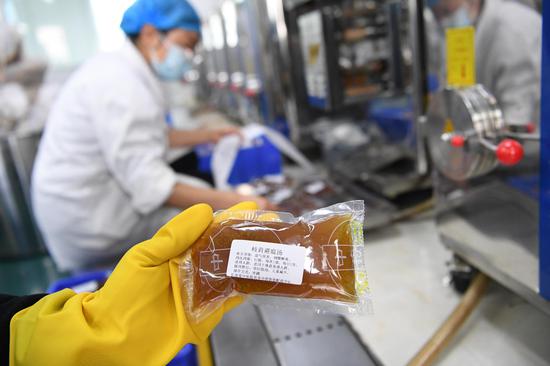
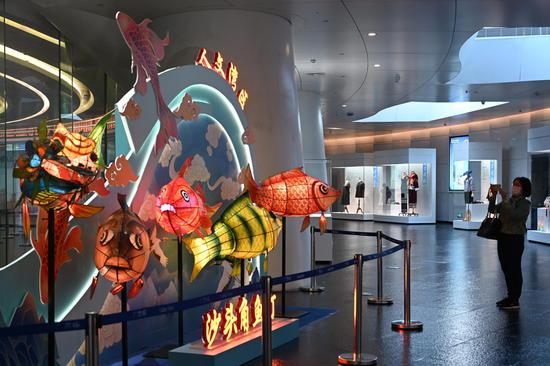
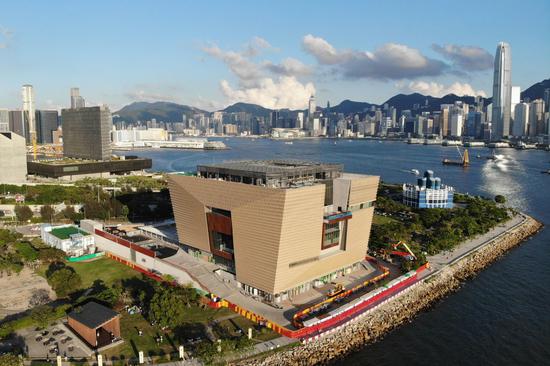

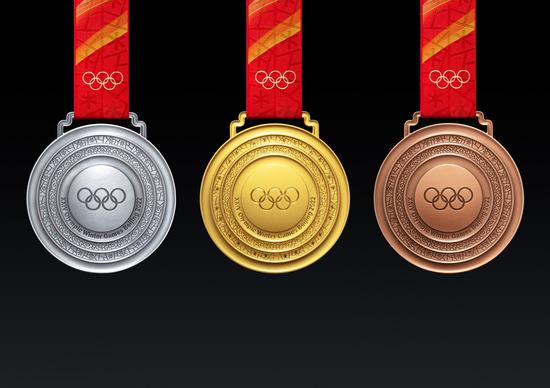
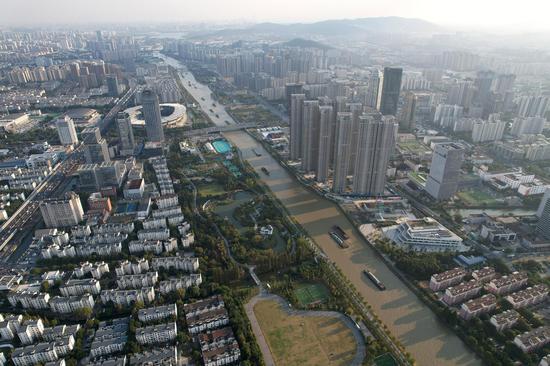
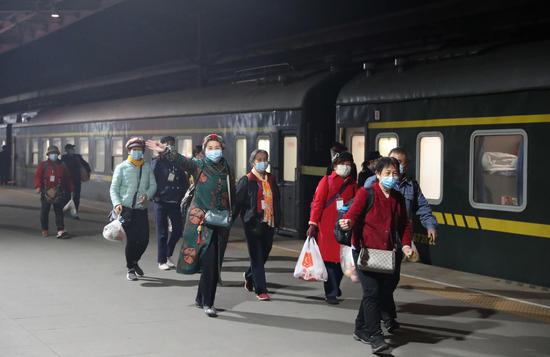

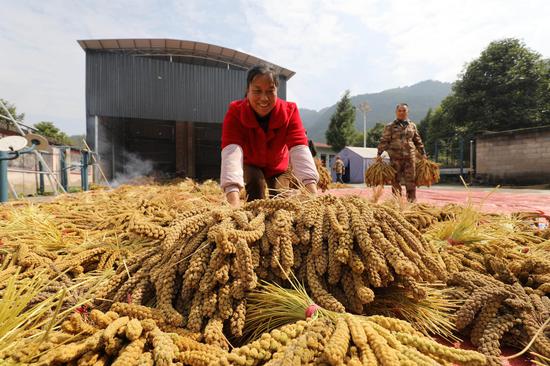


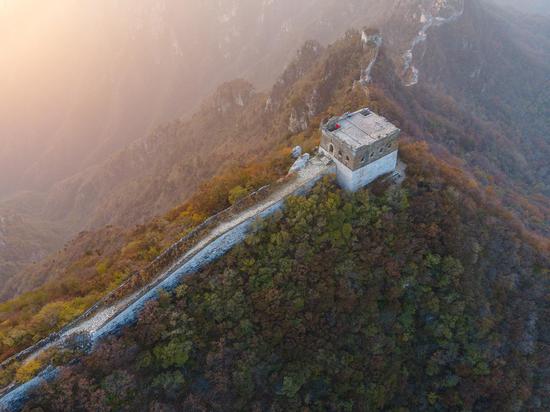
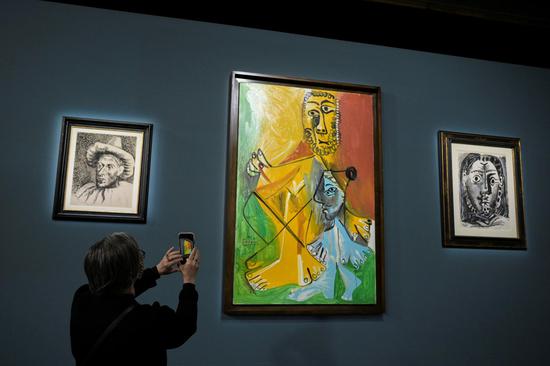

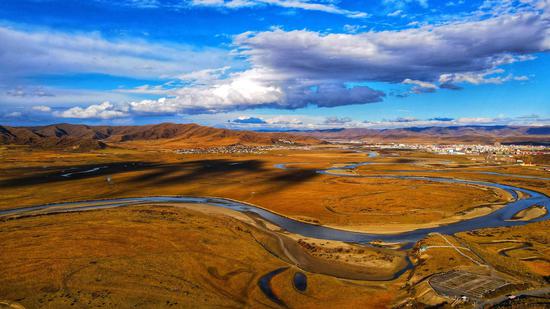
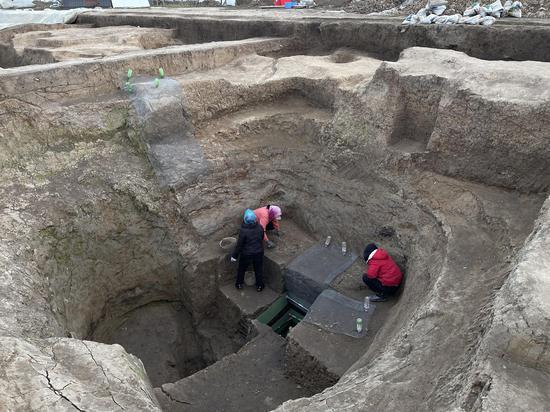
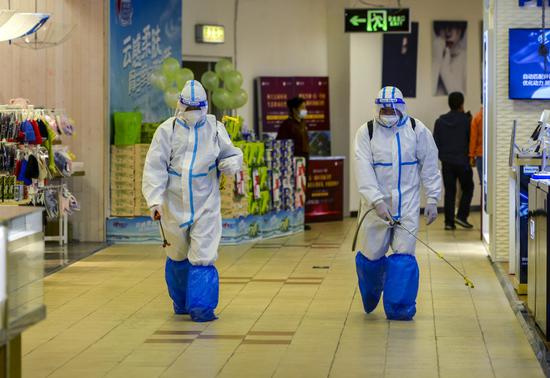
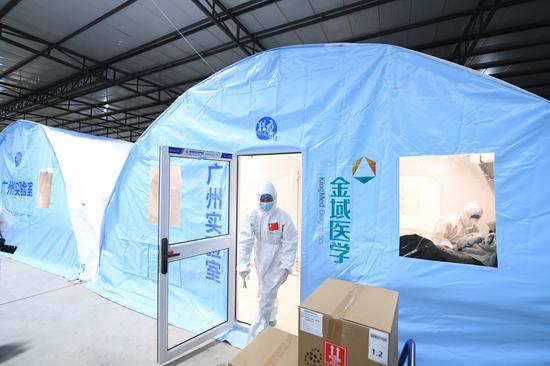


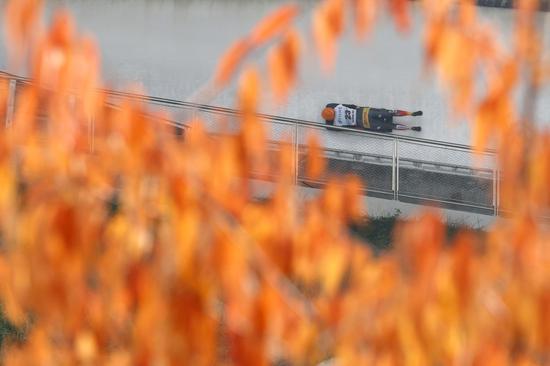


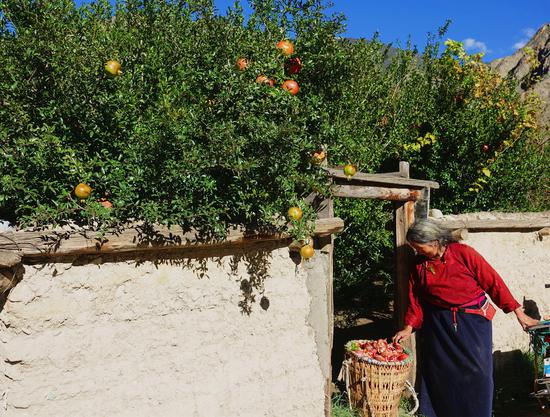




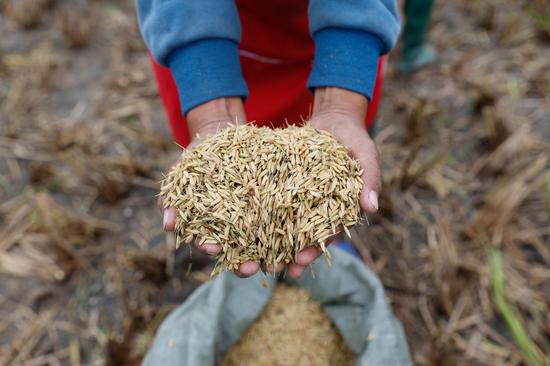
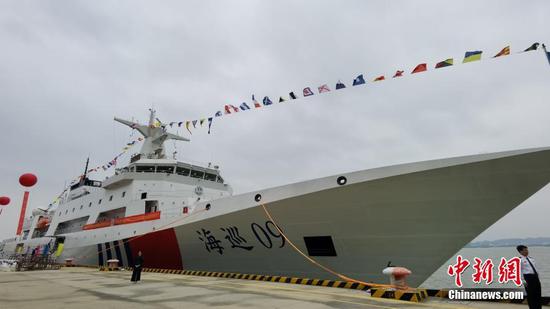
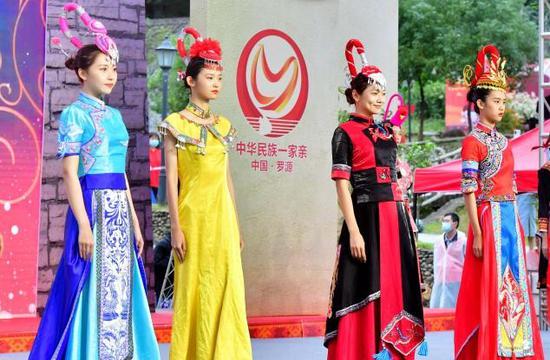






 京公网安备 11010202009201号
京公网安备 11010202009201号